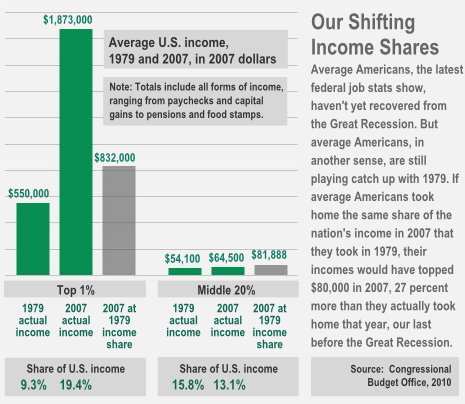- Joined
- May 21, 2011
- Messages
- 3,665
- Reaction score
- 863
- Gender
- Undisclosed
- Political Leaning
- Conservative
Here are some more cases below, and remember, these were just the folks that were caught:
The Political Graveyard: Politicians in Trouble or Disgrace: Bribery
This list is not even as strong as I thought it would be. It includes the following:
People who were found not guilty:
Eugene F. Vacheron — of Ozone Park, Queens, Queens County, N.Y. Lawyer; member of , 1894-95, 1901 (Queens County 3rd District 1894-95, Queens County 2nd District 1901); resigned 1895; charged with bribery in 1895; tried and acquitted, but resigned from
the Assembly;
Edward L. Jackson (1873-1954) — also known as Ed Jackson — of New Castle, , Ind.; Indianapolis, Marion County, Ind.; Born in Charged with bribery; tried and found not guilty.
People who were not elected Federal officials:
Claude E. Negley — of Indianapolis, Marion County, Ind. Born in , Ind. Republican., , 1927. Pleaded guilty in 1927 to bribery charges and fined.
People where the outcome is unknown:
Robert Philo Anibal (1845-1908) — also known as Robert P. Anibal — of Northville, Fulton County, N.Y.; Johnstown, Fulton County, N.Y. 1896; candidate for 4th District, 1901. In May 1901, the Herkimer County District Attorney accused him of offering a bribe to a ; Anibal denied this.
Albert Alonzo Ames (1842-1911) — also known as Albert A. Ames — of Minneapolis, Hennepin County, Minn. Born in Garden Prairie, Boone County, Ill., . Served in the Union Army during the Civil War; physician; member of 5th District, 1867; , 1876-77, 1882-84, 1886-89, 1901-02; resigned 1902; candidate for , 1886 (Democratic), 1896 (Independent); delegate to Democratic
National Convention from Minnesota, 1888; indicted in 1902 on bribery charges, over a scheme to induce county commissioners to appoint his secretary
Sorry, but the list shows that only a very, very few politicians ever become involved in bribery and when they do, I am not sure that any of the ones shown here are a quid pro quo of a campaign contribution for a vote.

